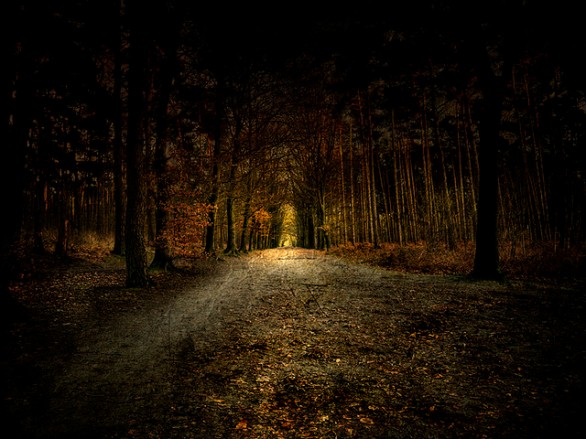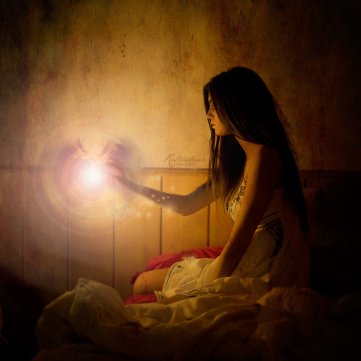
A friend recently found out about a family member’s 10-year obsession with her. They had been compulsively collecting and cataloging her failures and perceived cruelties and mistakes. Their intractable and absolute conclusions as to her intentions and actions over this time, and perhaps even earlier, currently exist as highlighted, underlined, and (probably alphabetized) chronological “proof” of her awfulness. A solution or reconciliation did not seem to be the purpose here and my friend began to think this archive was apparently “evidence” for a retaliation of an undisclosed nature. Regardless of how many times my friend tried to address the root of the problem, the relative would not participate in a solution. It seems that to ask for clarification of, or response to, these logged behaviors would make the accuser have to acknowledge their own failures (the root cause of the dilemma is not necessary to the point here, so the personal details will be omitted).
In this mind-numbing set of circumstances, my friend found herself stilled and bereft of creativity and confidence. She had become very self conscious and nervous after this revelation. If this person were so obsessed with her weaknesses, real or perceived, how would she fare under the scrutiny of others who are not obligated by blood or kinship to be kind or compassionate? After all, even informed and logical life choices she had made had been twisted out of context. How could she guide reality? This worry affected her writing. Her opinions were tepid. Ambition, rather moderate. It took some time before she would even practice yoga in our group! Her sadness would not dissipate; but, she did brave asking me what she should think of all of this. Was she really what this person claimed?
The only thing I could say with certainty is that the need to believe in and, thus, prove the worst is simply just that–a need–rather than a reality or truth. Like other forms of interpretation, what may look to be absolute may have more meaning if one educates oneself beyond the surface “evidence.” If one refuses to question or confront something, any reality can become terrible and impossible to participate in or change. This participation in reality takes strength and courage, not the hoarding of pain and blame. The family member was without the ability to understand or care about this.
After this discussion, she disappeared into herself for a while. Then, after about two months, she reached out. She told me that, after a time, all the obsession about the betrayal began to feed a different energy. She became more analytical about the whole thing. Rather objective. She couldn’t really explain her internal process, but she could offer some solace or help to those in similar situations or difficult circumstances by sharing her experience as a kind of allegory for questioning the self. With calm meditation and reflection, it became evident that her antagonist was quite the narcissist, less focused on revenge than self validation in relation to my friend’s abilities, and accomplishments. The antagonist did not want to acknowledge their own faults. Their lacking was easier to ignore or deny if someone else was to blame for their own life choices or their inability to make wise ones. The accuser stopped being a nemesis holding a “loaded “pile of paperwork “aimed” at her and threatening her very permission to exist as a faulted individual. Her identity could no longer be reworked and scripted through a curated installment of electronic and print missives. For my friend, there was a kind of “dark night of the soul” before her inner light and common sense could regain their rightful place in her consciousness. But that light did illuminate reality and offer the comfort she needed.
My friend’s succumbing to fear and insecurity had been part of the person’s goal; but, she found that hiding and cringing took more energy than finding relief. The obsession should remain with the obsessed and not participated in or subscribed to. Through engagement with discomfort and fear came reassurance and affirmation.

The key here is that her “soul” or inner spirit endured and expelled the darkness. She maintained a sense of self that even a long and highlighted list of ill-informed accusations or misinterpreted scenarios could not eradicate.
We cannot control the results of, or reactions to, our actions, intended or unintended. There really is no outside environment that is worthy of arresting our right to create, grow, learn, and teach. What we can do is move forward and learn to identify what is true and renounce what is false. Then we should, if possible, not walk away but use the experiences to inform our next, productive moves.
What “dark night” can you turn into fodder for creative growth?

This is a horror story. Completely deranged and creepy. Sometime truth is stranger than fiction!
LikeLike
And you are definitely the one to identify a good horror story! : ) Too bad it’s real right?
LikeLike